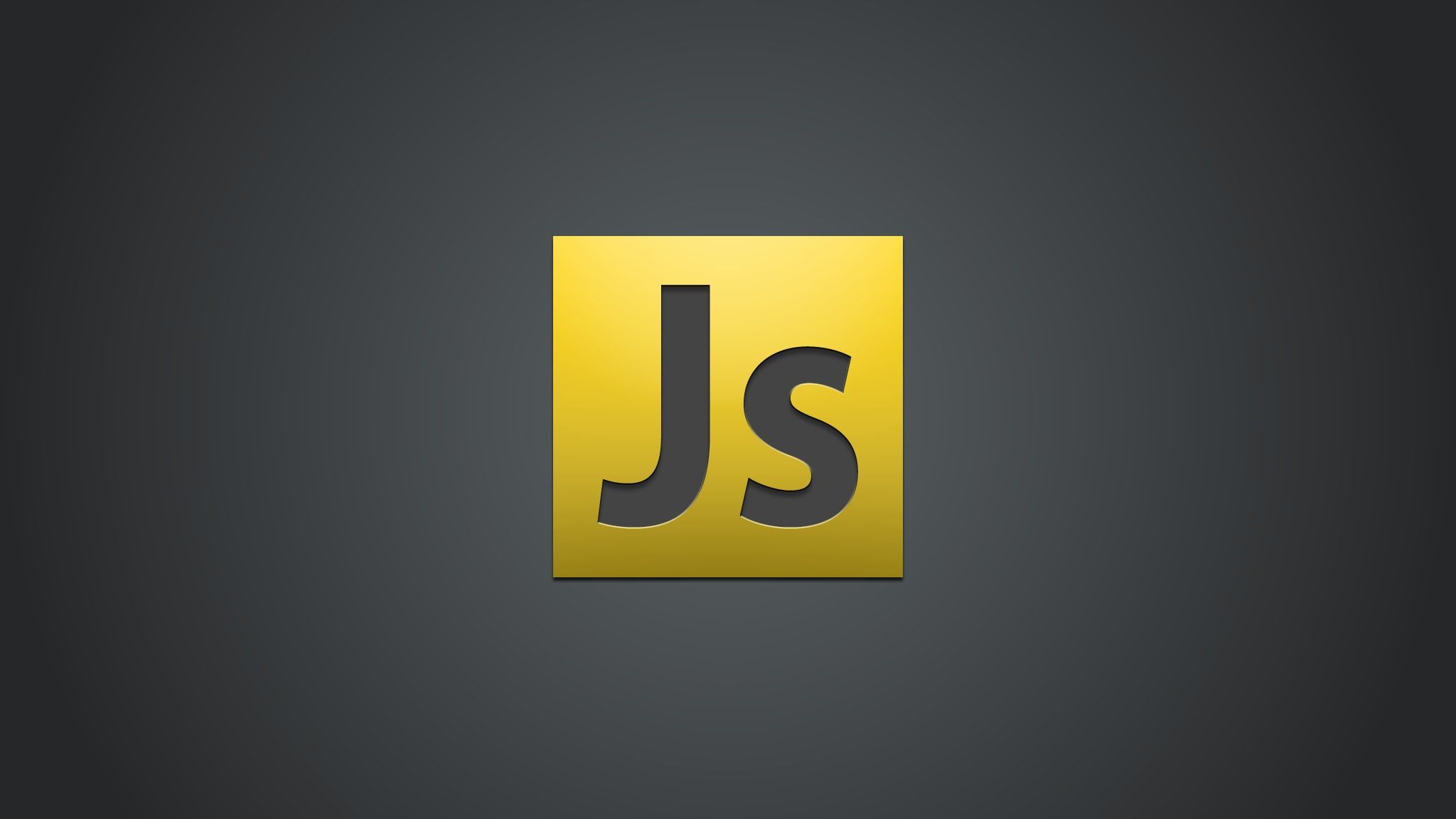While diving into React JS projects, I couldn't help but notice countless tutorials recommending TypeScript. This got me thinking: If JavaScript and other languages are already in the mix, why introduce yet another language? Turns out, there's a compelling reason. Let's explore the differences between JavaScript and TypeScript and understand why TypeScript has gained significant traction in the development community.
JavaScript: The OG Of the Web
JavaScript still ranks high as the international superstar of the internet and its faces continue to be recognizable to this day after existing so long. It enjoys a dynamic nature which enables a change in the data type of variables on the fly, making it amenable to use and flexible. JavaScript being an interpreted language means that the JavaScript code is executed line by line thereby giving it the advantage of being adaptable to changes even though it might be at the cost of slower performance when compared to the compiled languages. The main reason, this flexibility, and its wide ecosystem of tools and frameworks have been the main reasons why JavaScript has developed from a weak dynamic language to a very powerful choice for writing interactive parts of a web page like animations, pop-ups, or a form validator.

TypeScript: JavaScript's Supercharged Cousin
TypeScript, which builds on JavaScript, adds static typing to the mix. This means you need to specify data types for variables upfront. It might look like extra work, but it comes with big perks. Static typing helps spot possible mistakes as you code. This boosts code quality and cuts down on time spent fixing bugs. Also, TypeScript makes code structure and purpose clearer, so it's easier to read. This helps developers grasp and keep up with codebases. It also has some nifty tools that make coding smoother. These include features to complete code and reshape it, which speeds up the whole process and makes the developers more productive. These upsides make TypeScript a great fit for big tricky projects where it's key to have code that's easy to maintain and reliable.
Why Choose TypeScript?
Enhanced Developer Experience: Fewer runtime errors and improved code maintainability.
Scalability: Handles large codebases more effectively.
Community Support: A growing and active community of developers.
The right programming language for your needs hinges on your project's requirements and what your team likes. If you're tackling a small job or you're okay with JavaScript's flexibility, it might do the trick. But for bigger trickier projects, TypeScript's strict typing and extra tools can make a big difference.
Have you tried TypeScript? What are your thoughts? Share your experiences in the comments below!
Don't forget to share this post with your fellow developers.
